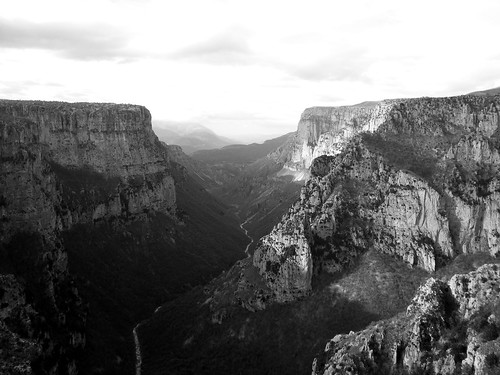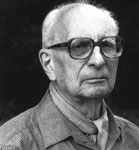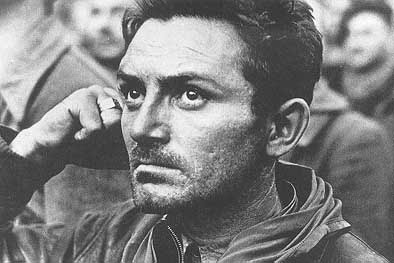
"I begin to long for some little language such as lovers use, broken words, inarticulate words, like the shuffling of feet on the pavement".
There are still things to appreciate while in the army, in fact one thing only and this is -I 've said before- time. Time to undertake tasks that would otherwise result too demanding for one's usual 24-hour day. The army provides you with countless hours of idleness, which in turn offer the opportunity for some serious reading. A lot of reading.
Thus, I have grasped this opportunity to delve into a number of unread pieces of my bookshelf, especially the most fearsome ones, those that remained obstinate on the upper shelves resisting me, mocking me for my lack of time and/or daring to bring them down and wonder through their pages. Since there's not much that is really demanding while in the army, this is how I ended up finishing the "Magic Mountain", "Rayuela" and "Light in August" while serving my country at the same time.
The last in this series of great books though, requires a special mention. And this is because it is probably the greatest book ever written. The Waves, by Virginia Woolf.
I know such an aphorism may sound odd to many, especially coming from someone who's not an expert in literature. There is however something so haunting in this book, something unstructured, diffuse and yet profound that urges me to call it thus. Because there are books that give you pleasure, there are the ones that make you want to read more and the ones that make you want to become a writer. And then there comes a book that makes you realise, the one that conveys at the same time the sadness of everything that is worth having been written already and the enormous joy of allowing you to discover it anew.
"The Waves" is not a great story. But it is at the same the greatest of all stories, the story of everybody's life. It is more of a poem than a novel and less of a poem than a play. It transverses all norms and crosses literary barriers that weren't even existent at the time it was written. Most importantly, it resolves the eternal question between content and form with a sublime indifference. In the "Waves", form IS the content. The book's internal rhythm is what matters most. The marginal plot develops at the background forming the bed to the characters' stream of conscience. But it the characters conscience, their thoughts and pondering, their doubts and certainties that makes one feel he is doing something more than reading this book. He is living it.
Above all, the book's greatest achievement, what makes it so inexplicably important is the fact that each phrase belongs to that special powerful kind, the one I have discussed before
here. Each phrase in this book gives the impression that it is exactly what needed to have been said.
And I cannot escape admitting that this book is what I needed to have written.







































